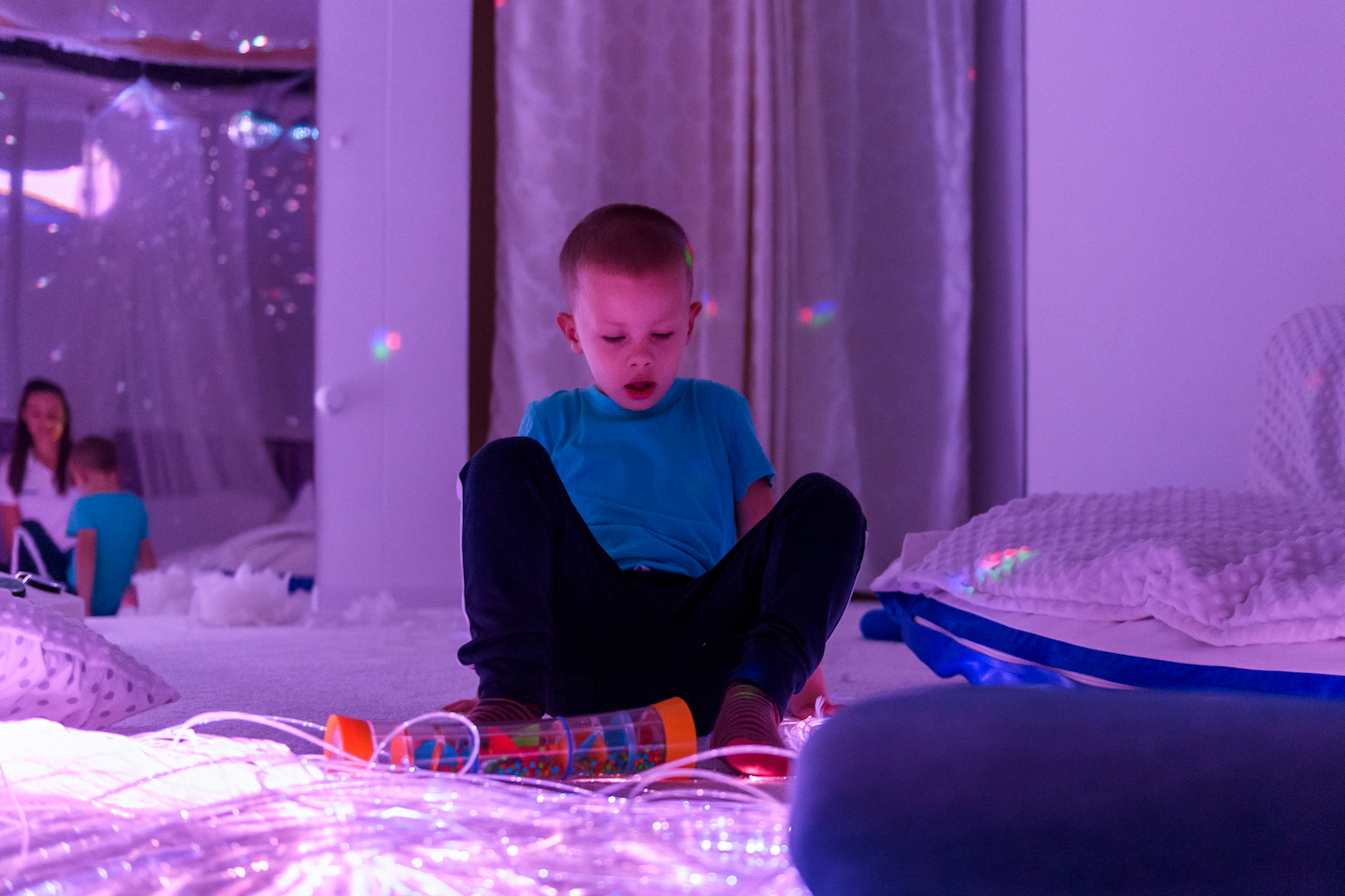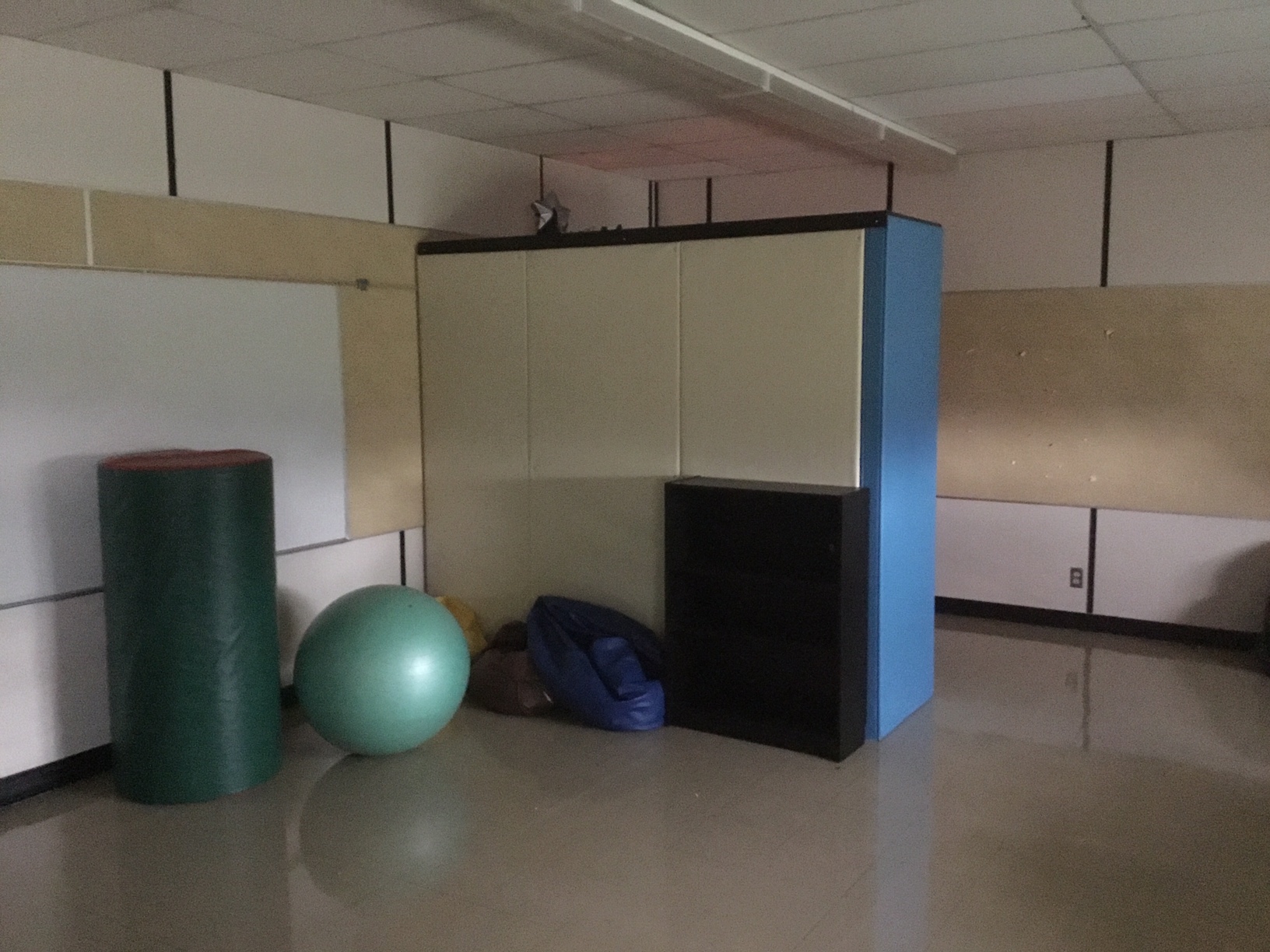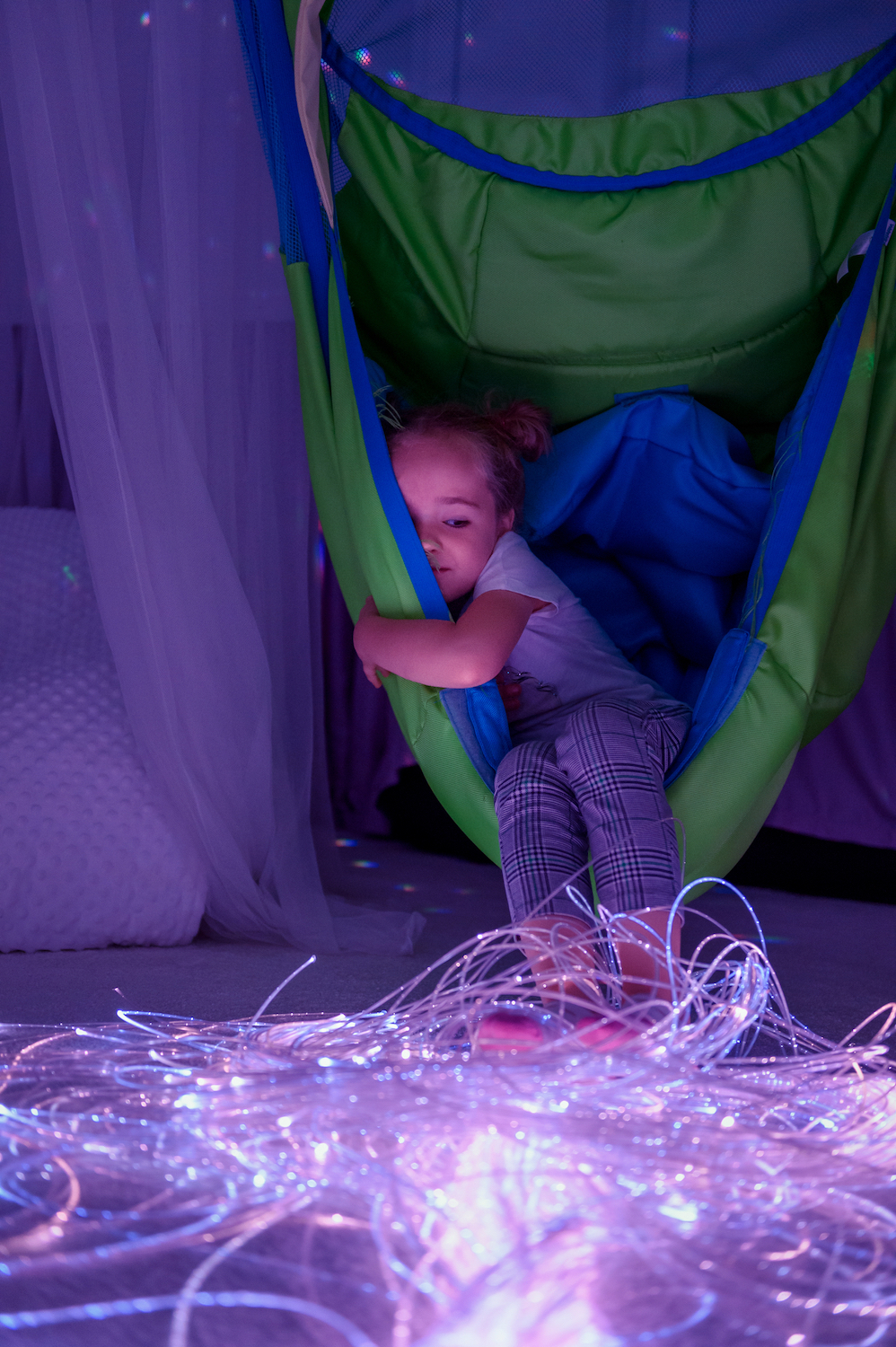Schools face several challenges when it comes to supporting the multitude of students that come through their doors every day. Sensory rooms are a resource that can help them meet their learning objectives as well as encourage the social, emotional, and sensory skills that are so valuable to fostering well-adjusted and content little humans.
Flipping the Script
In a traditional school setting, learning is initiated, led, and controlled by the teacher. While this can be a valuable strategy in many scenarios, there are some skills best learned through self-led exploration. This is especially true in children who are autistic, have behavioural challenges, or have other special needs that impact their ability to learn in a classroom. Sensory rooms in schools flip the script and empower students to investigate on their own terms. This can result in increased confidence, self-awareness, and autonomy; all-important values that schools seek to instill in their pupils.
Sensory Regulation
Schools are busy, exciting places filled with dozens, if not hundreds of students. From buzzing lights to social relationships, students are consistently stimulated from the moment they walk in the door to the time they leave. For those with sensory processing disorders, all of this can be more than they can comfortably handle. These students can explore sensory input in a controlled environment in a sensory room. Visual, auditory, and even vestibular senses can be activated through toys, furniture, and electronic devices.
Calming & Counseling
Anyone who has worked in crisis situations before knows that creating a safe, calm environment is key to any de-escalation or therapeutic objectives. In times where interactions become confrontational, students feel unsafe, or meltdowns occur, sensory rooms can be utilized to facilitate a supportive experience. Working through difficult emotions in this way doesn’t just offer immediate results, but helps to achieve long-term therapeutic objectives like healthy coping mechanisms and emotional regulation.
Staff Use
Sensory rooms in schools aren’t exclusive to neurodivergent students, or students in general. Staff can also take advantage of the calming effects of these spaces. Teachers, educational assistants, occupational therapists, counsellors, and more all make a living inspiring children and putting out numerous fires along the way. When stress levels spike and overwhelming emotions set in, having a sensory room available to faculty can help them manage their own mental health challenges by giving them a space to breathe and reset.
In conclusion, sensory rooms are a great resource for staff and students to complement the skills being taught in the classroom. If you’re interested in how you can create a safe, calming space in your school, click here to get in touch with one of our friendly representatives.







